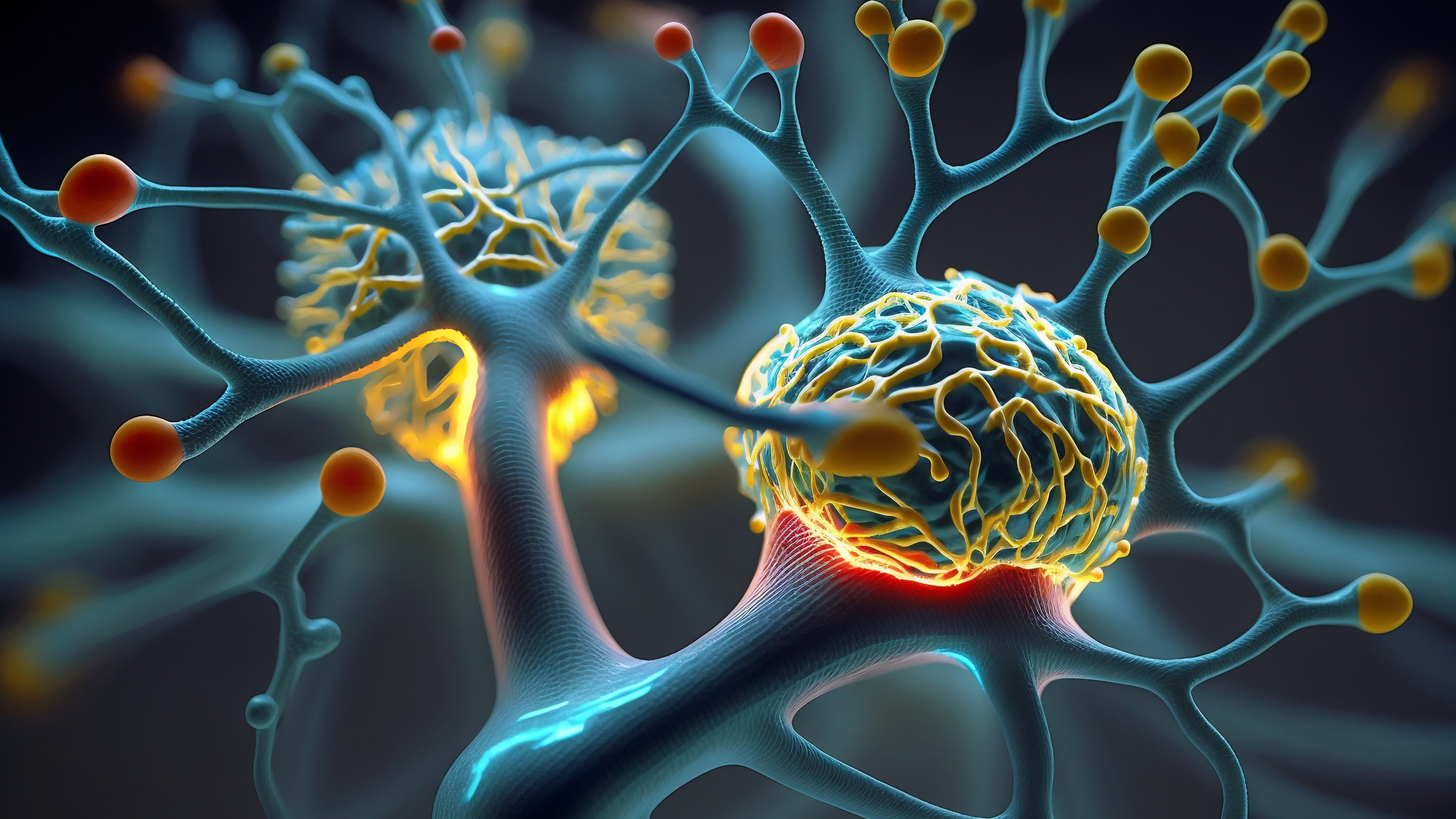Many people feel locked into patterns of anxiety, irritability, sadness and overwhelm.
What if I told you it doesn’t have to be this way? That you aren’t a prisoner to your past AND that you already possess the basic tools to change these patterns?
This is the magic of neuroplasticity and you’re about to find out what it is and how to use it to your advantage to be a happier person!
What is Neuroplasticity?
Neuroplasticity is the brain’s inherent, life-long ability to “rewire” itself with new neural connections. Rewiring the brain happens all of the time when we learn or experience something new.
The basis of neuroplasticity is captured with Hebb’s Law, “Neurons that fire together, wire together”.
This means that when internal (thought, feeling, or sensation) or external experiences occur closely in time, their association creates a new neural pathway for messages to travel on which links those things together in our minds.
Lasting change requires a strong association. Sometimes this takes repetition, like memorizing multiplication facts. Other times, it takes a single event, like a catchy slogan in advertising. The more often we use a pathway by thinking about its content, the stronger it becomes, creating habits, persistent feeling states, and vivid memories. The stronger the pathway, the more likely you are to use it, which reinforces it even more.
The big takeaway: because of neuroplasticity, you can consciously change how your brain functions!
Harnessing the Power of Neuroplasticity
Most of us are familiar with how the brain can quickly be changed in a negative way, such as with a stroke or traumatic brain injury. However, we don’t often think of this in reverse: brains have the potential to quickly heal and change in positive ways as well. Examples include life- changing experiences or learning something new that immediately shifts someone’s perspective and actions.
The positive or negative quality of your thoughts/feelings colors how you experience something, and vice-versa. The longer you spend having either positive or negative experiences internally or externally, the more your brain becomes wired to reflect positive or negative states as a habit.
To some extent, this means that you can change negative emotional habits by purposely creating positive and “healing” experiences to change (or maintain) the wiring of your brain.
Here are some easy ways to change your brain, how you feel, and boost your brain’s neuroplastic abilities.
1.Mindfulness Meditation and Other Forms of Meditation
Meditation has been shown to improve how the brain functions on many levels, including decreasing negative feelings and stress. The focus on the present moment can be practiced in a few minutes or longer. There are many approaches to meditation so there’s something for everyone. If you’re new to this, you can take an in-person or online class or use one of the many free apps to get you started.
2.Gratitude and Awe Practices
Your brain essentially works like Google. If you ask Google what is terrible about today, you get terrible things happening in the world. Conversely, if you ask Google what is great about today, you’ll get great things that are happening. Gratitude practices train your brain to look for the good in your day and life, which makes you feel more positive. An awe practice is similar to gratitude and mindfulness; it connects you to something bigger than yourself and has a similar effect on your brain. Awe-inspiring experiences include being in nature or experiencing art or music that you find beautiful and moving.
3.Physical Movement
Regular movement is critical to neuroplasticity and brain health. As a bonus, most people feel better emotionally with regular movement. You don’t have to train for triathlons to get benefits from this. If you’re a couch potato, start slower and easier with movement and do something you enjoy that’s in your capabilities- walk, dance, swim, whatever. It’s much more likely to become a habit when you set yourself up to succeed and enjoy the activity that you’re doing.
4. Learn Something New
Challenge yourself and your brain by learning something new. Like your entire body, your brain function falls under the heading of “use it or lose it”. This is the time to consider what ignites your curiosity and motivation. As a bonus, you’ll feel good about your achievement.
5.Positive Thinking
What you say out loud and think matters. Thoughts are often a big part of why you feel the way that you do. Positive thoughts tend to create positive feelings. Negative thoughts often create negative feelings. When you become aware of your thoughts, you can change them. This doesn’t mean ignoring real issues but taking a more balanced approach. One practice to try is to start “listening” to your thoughts and challenge the negative ones. My rule of thumb is, if you wouldn’t say it to the person you love most, it isn’t OK to say it to yourself.
6. Self-Compassion
Compassion is often misunderstood in our culture. Many people believe that being self- compassionate will make you lazy and irresponsible. However, self-compassion helps you to remain motivated, take responsibility for mistakes, and improves emotional well-being. There are 3 steps.
- Be kind to yourself when you’re suffering instead of critical and punishing.
- Recognize that how you feel is part of our common experience as humans.
- Practice mindfulness of your negative thoughts and feelings instead of ignoring them or over-identifying with them.
The power of neuroplasticity to change the way you feel is amazing and can be used by almost anyone. By practicing some of the skills listed, you can change your brain and how it functions for the better!

